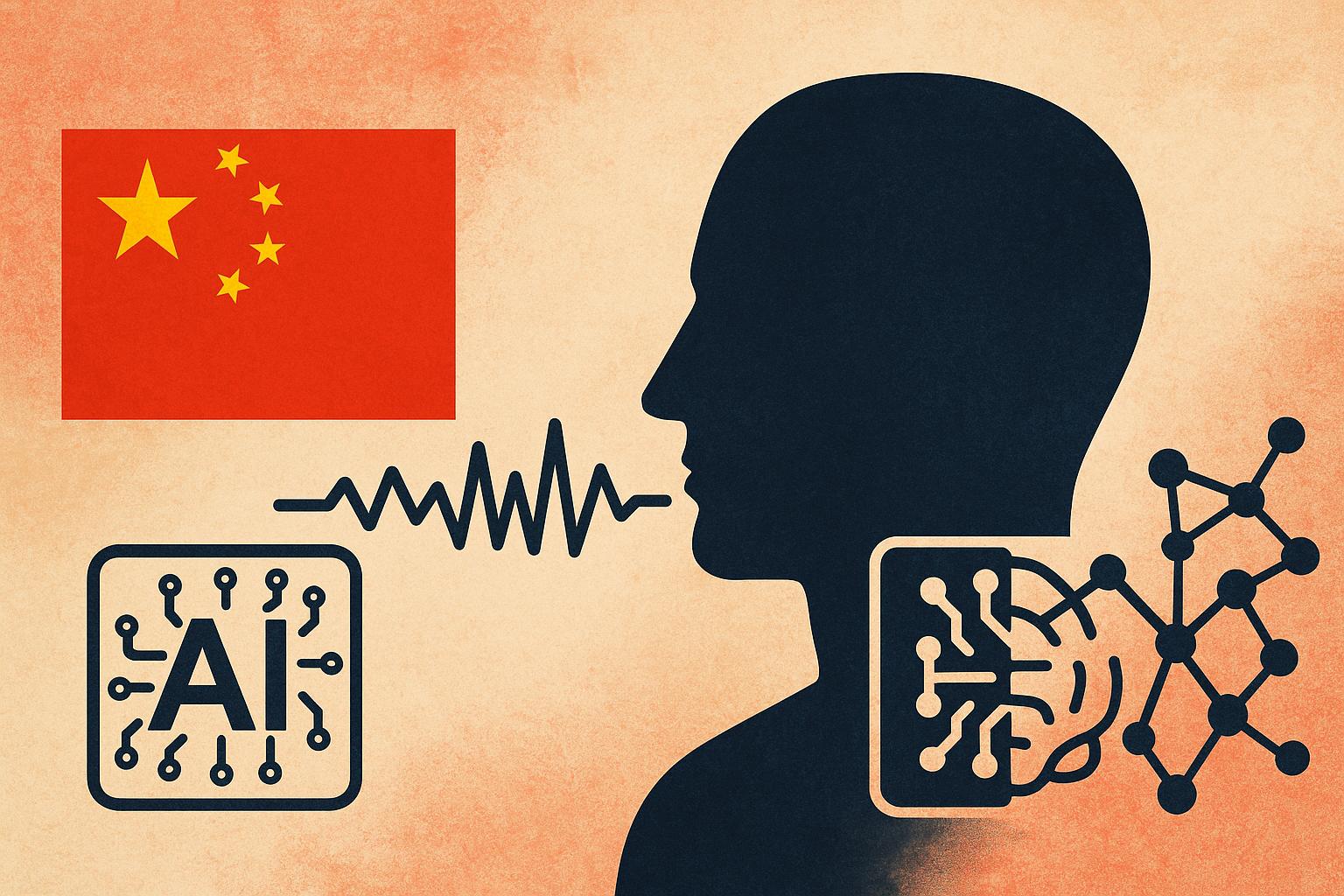China trades with the world. It builds roads across continents. And it offers infrastructure deals and shipping ports. It signs deals with Africa, Latin America, Southeast Asia, the Middle East.
But it builds no real friendships.
Even countries that benefit from Chinese trade speak cautiously. They do not trust its motives, they do not share its values. They accept its money while preparing their escape plans. Even within its own neighborhood—Japan, South Korea, Vietnam, India—relations with China remain tense, fragile, or openly hostile.
China is not alone because it is misunderstood. It is alone because it is feared.
The language wall is not just hard—it is isolating
Mandarin Chinese is often ranked the hardest major language for outsiders to learn. But this is not just about effort. It is about the distance between minds.
Mandarin does not use an alphabet. It uses characters—thousands of them. They give no clue how to pronounce the word. Tone defines meaning. Mispronounce “ma,” and you might shift from “mother” to “horse” or “scold.”
The grammar is compressed. The logic is nonlinear. Context defines everything. And context changes with culture. Even word order is not predictable.
If you speak an Indo-European language, like English, Spanish, Hindi, or Russian, you are wired to expect certain mental patterns. Chinese violates nearly all of them.
You can translate words. But you cannot easily translate logic.
I speak a Slavic language—English was hard, but not foreign
Slavic languages come with a heavy load. Six or seven cases. Verb aspects. Rich conjugation. Long compound words. Free word order that depends on rhythm and context.
Yet despite all that, English felt manageable. The alphabet was familiar. The sounds made sense. The grammar was limited. Articles tripped me up—but even if I forgot “the” or “a,” the sentence still worked.
English rewards effort. Chinese punishes it.
The reason English became a global lingua franca is not just empire. It is structure, it is accessible, it is flexible. It spreads through pop culture, science, and commerce. And it never demands perfection.
China commits cruelty without hesitation
The People’s Republic of China is not a mildly repressive system. It is not an authoritarian cousin of democracy. It is one of the most calculated and industrialized repressive systems on Earth.
The list is long:
- Internment of Uyghurs in re-education camps.
- Forced labor.
- Organ harvesting, including from prisoners and minorities.
- Total digital surveillance.
- No freedom of the press.
- No judicial independence.
- Death sentences after one-day trials.
- Harassment of dissidents abroad.
- Political psychiatry against activists.
- Cultural genocide in Tibet.
The cruelty is not random. It is systematic, not hidden. It is enforced with bureaucratic precision.
China’s government does not apologize. It does not negotiate on human rights. It denies, retaliates, and expands repression.
Western companies look away and count profits
Nike knows. Apple knows. Volkswagen knows. Western companies profit from Chinese labor, Chinese infrastructure, Chinese consumption.
They also know what powers those systems—censorship, surveillance, detention, and fear.
Human rights lawyers disappear. Workers are silenced. Reports are suppressed. Yet the profit machine keeps running.
When money flows, values die. Politicians lecture Russia and Iran but smile at China. Human dignity loses when trade wins.
AI may soon break the deepest barrier—language
We already have translation tools. Google Translate, DeepL, and others can convert text in seconds. But they translate words—not meaning.
AI will change this.
Future AI systems will not just translate. They will interface; they will understand what you mean, not what you say. And they will interpret intent, tone, context, culture. They will translate not only sentences—but thoughts.
This will change everything.
One day, I will speak my native Slavic tongue. An AI will interpret it directly into Mandarin—fluent, emotionally precise, even culturally resonant. And I will understand the reply, without learning a single Chinese character.
That will be the end of linguistic isolation. And the beginning of something global.
Language shapes thought—and China remains sealed
Linguistic relativity is real. The structure of a language shapes how its speakers perceive reality. English builds clear subjects and linear events. Chinese implies fluidity, ambiguity, and indirectness. Russian frames action through perfectivity. Hindi connects verbs to levels of formality.
You do not just speak a language. You live inside its logic.
That is why China remains culturally impenetrable to most foreigners. Even the “nice” things—humor, emotion, hospitality—often feel uncanny. Something is always lost in the jump from language to translation.
Until minds interface directly, cultures will keep missing each other.
Until then, I will keep failing at English articles
Yes, I will keep messing up articles. “The,” “a,” “an.” It will never be native. But that is fine.
English is generous. You can break its rules and still be understood. You can learn it as a second, third, or fourth language—and still participate in science, literature, or diplomacy.
It lets you in. It lets everyone in.
Mandarin does not.
That is why English unifies. Chinese remains closed. And AI may be the only tool that changes that.
China is isolated for good reason
The world is not blind. It is restrained.
And it sees the repression. It knows the fear. But it also sees the economic leverage and the military buildup. It calculates. It waits.
But friendship is not born from trade. It is born from understanding. And understanding requires two things: empathy and shared language.
Right now, China offers neither.

Leave a Reply